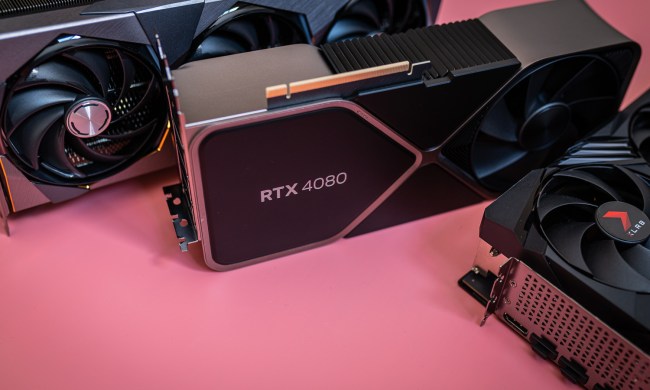We’ve had the Nvidia app for a while, but now, it’s available officially. About a year ago, Nvidia launched the Nvidia app into beta as a one-stop-shop for managing some of its best graphics cards, including grabbing new drivers, messing around with different features, and optimizing your game settings. Now, it’s out of beta, officially replacing the legacy GeForce Experience and Nvidia Control Panel apps, and with some new features in tow.
One of the biggest draws of the Nvidia app initially was driver downloads. It may seem mundane, but you’d previously need to download GeForce Experience and create an Nvidia account for GPU driver updates. If you didn’t, you’d have to search and install your drivers manually. The Nvidia app gives you access to new drivers, and notifies you when they’re ready, all without an Nvidia login. Now, signing in is optional for “bundles and rewards” offered by Nvidia.
The app actually goes further than GeForce Experience on the driver front. Last month, Nvidia introduced driver rollback to the Nvidia app, which has made its way to the full release. If you install your drivers through the Nvidia app, you’ll be able to roll them back to previous versions if you run into any issues. That’s fantastic, as bugs and game performance differences can show up with new drivers, especially on niche hardware configurations.
Drivers may be the main draw of the Nvidia app, but it’s packed with features. Not only are many of the functions of the Nvidia Control Panel and GeForce Experience included; Nvidia also uses its app as a hub for the other tools it offers. If you have apps like Nvidia Broadcast, FrameView, ICAT, or ChatRTX installed, you can launch them through the Nvidia app.
Nvidia has updated many legacy features of GeForce Experience, too. The redesigned overlay is much more responsive — speaking from personal use here — and it can show your system stats, track your performance, and capture photos and videos. That includes an instant replay feature, and new codecs for gameplay like AV1.
In other areas, Nvidia has pushed ahead of GeForce Experience with new features like RTX HDR and RTX Dynamic Vibrance, both of which function like AI-powered image filters for your games.
There are a ton of features within the Nvidia app now, and it’s great everything is finally under one roof. AMD recognized the need for a unified app years ago with Radeon Software. It has never required a login, and it keeps all of the settings locked to a single interface. Now, Nvidia is following suit.
The company says the “migration of GeForce Experience and Nvidia Control Panel features is complete” with this release. Soon, Nvidia says that the Nvidia app will be an optional install alongside a new driver, similar to how it offered GeForce Experience in the past.





